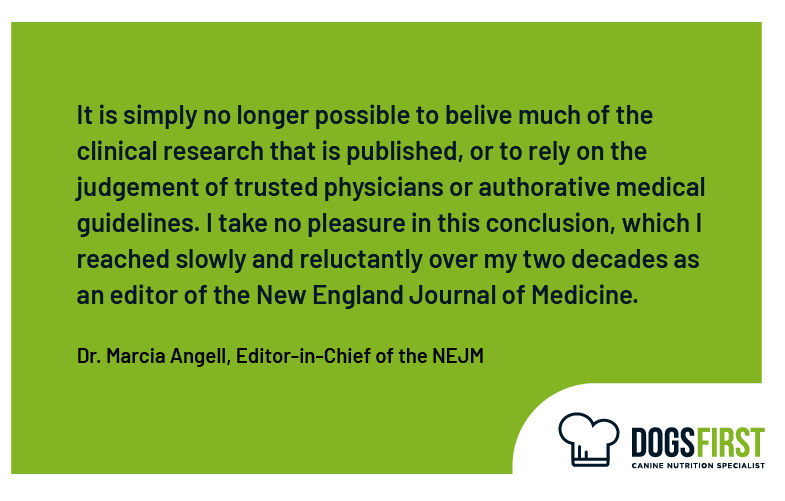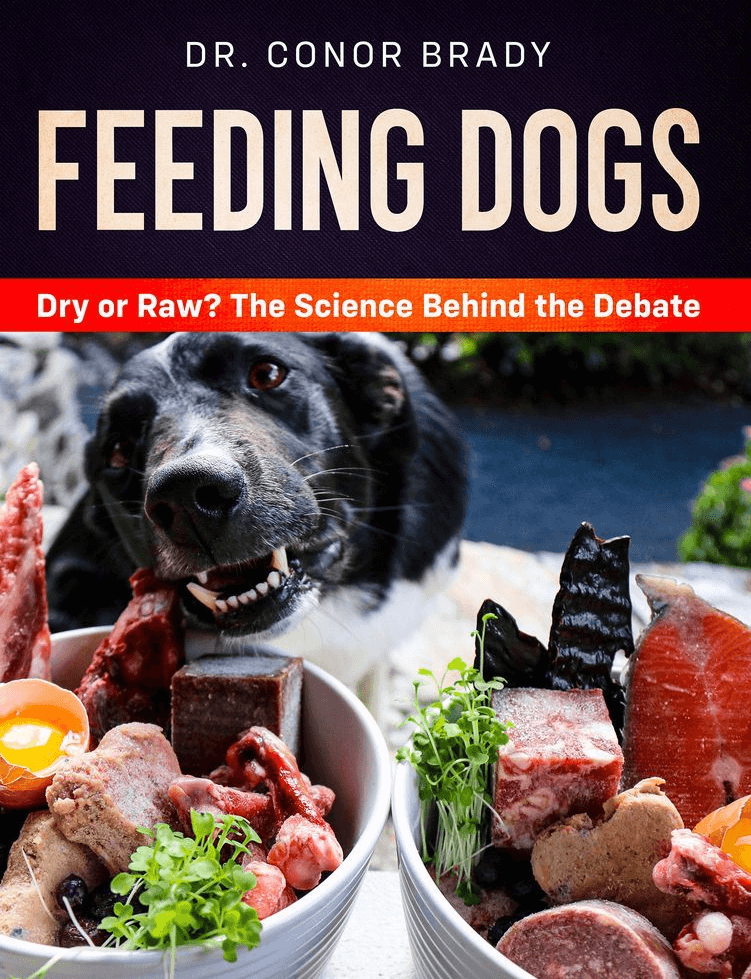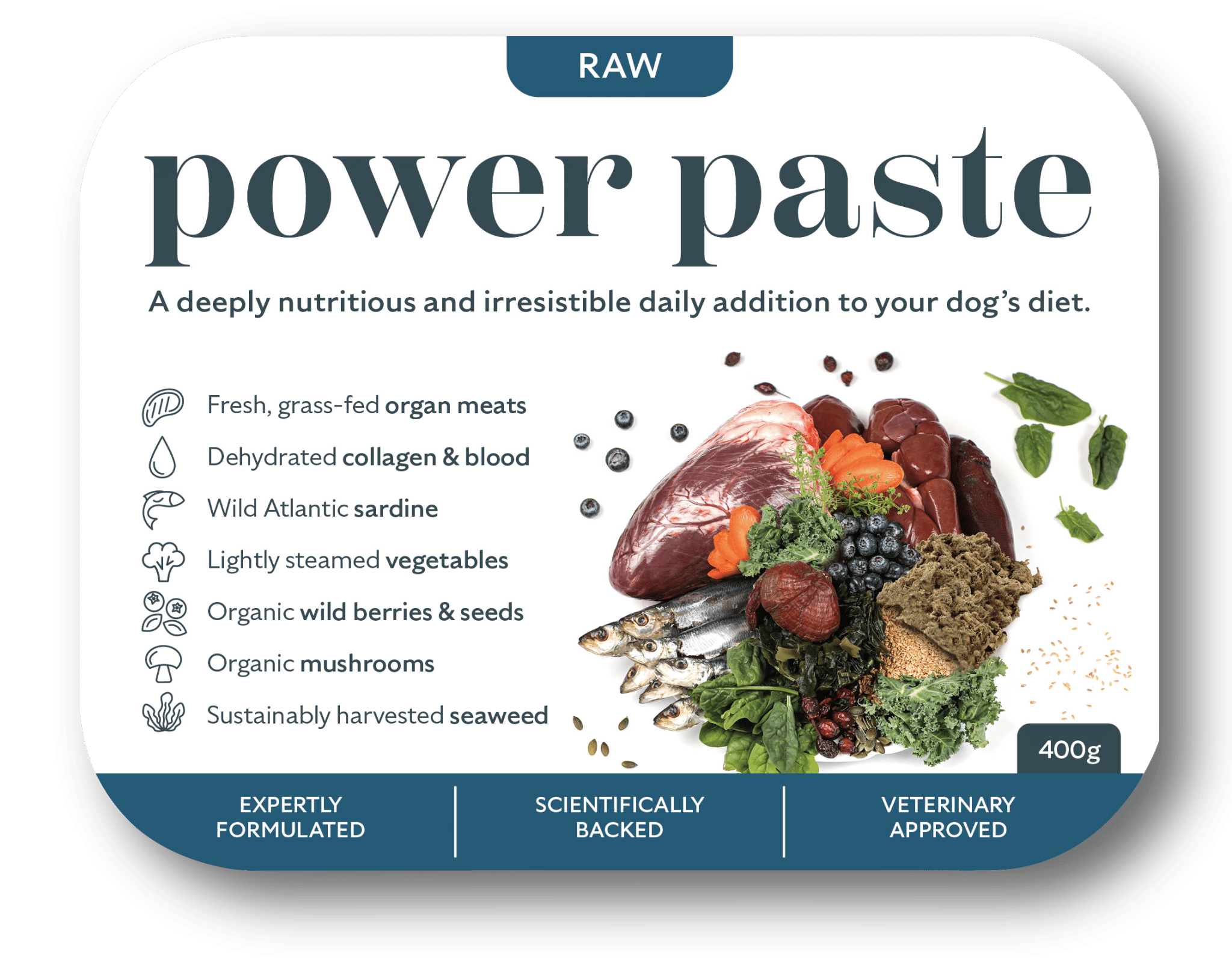The New England Journal of Medicine is one of the world’s most prestigious journals. You can bet your life it’s extremely difficult to get your study published by them. Only the best of the best make it. The most impressive. You get a study in there and doors open. So it’s worrying when you read quotes like this:
It is simply no longer possible to believe much of the clinical research that is published, or to rely on the judgment of trusted physicians or authoritative medical guidelines. I take no pleasure in this conclusion, which I reached slowly and reluctantly over my two decades as an editor of the New England Journal of Medicine.Dr Marcia Angell, Editor-in-Chief of the NEJM
The Lancet is another top medical Journal you may have heard of. Richard Horton has been there editor-in-chief for an unbelievable 25 years. He is one of the world’s most eminent scientists. He said “much of the scientific literature, perhaps half, may simply be untrue”. To be clear, that’s not wrong, or mistaken, but untrue. Or, in other words, self-serving bullshit.
Chapter 17 of my new book Feeding Dogs gets into how this could possibly be the case. It sets up the reader for the notion that if this is how bad things are in the human medical sector, imagine the state of the science in the pet sector! This may shock some people. I mean, we’re supposed to “trust the science”, aren’t we? And the top journals don’t believe half the stuff THEY publish?! What of the lesser journals or, worse still, the journals owned by the corporations?
But do you know what I’m more interested in? What motivates the scientists involved? These “guns for hire”?
One thing is money, for sure. You get paid well by these companies as you must commit your skills, name and reputation to the work. And, as it’s worth a FORTUNE to the multinational in question. Pet food is big business guys. In the UK, dog food grosses £1.1bil a year. The entire UK music industry is worth £1bil a year. By the time you add in cats and treats the industry is worth twice the music industry, only the margins are far greater. It is, after all, Weetabix with a cows toenail in it, sold to you at the same price as fresh chicken off the shelf of Tescos…for a carnivore! The game thus becomes who can best polish their turd, who can best hoodwink the public into believing their crap is better than the next guys. The answer is ‘science’. And they pay well well for it. But money aside, ego and prestige are powerful motivators. I know people younger than me on the company payroll that are already professors. Now, that title is a highly coveted thing. Back in the day it was a rare thing. To be a professor you need to have published a horrifying amount of research. It’s no mean feat, believe me. Historically, only the sharpest cookies earned the title. Nothing too much wrong with this so far, some people are geniuses and deserve it, doing really incredible work that a team of ten average scientists couldn’t achieve. The problem is today science is used increasingly less to discover and increasingly more as a means to promote an agenda. So we get researchers churning out a poonami of at best inconsequential to at worst false science to get the pay packed but also their name in lights. Most of the genuine scientists can name one or two of these people in their field They are clearly taking a dubious stance on some positions and their arguments, when debated in public, are clearly untenable. So big public debates tend to be avoided. That’s not where they’re focusing. Their target is you, the unsuspecting public as well as the practicing health professional whom studies show are largely not reading the scientific literature so much as trusting it. The problem is their “science” is usually good. They did do a test (probably). And this was their results (apparently, obviously there’s an awful lot of room to manoeuvre there in those two statements!). Then they publish it (peer review has very major flaws). Now, once it’s out there, you have to PROOVE they are wrong. The problem is, proving they are wrong is not an easy thing to do. It requires a huge amount of work, time, dedication, funds and scientists (think the tobacco interesting dodging the lung cancer bullet for decades). For more here check out:
But again, how do such scientists sleep at night?! They must know what they’re doing is wrong, right? Or are they playing the role of a defence lawyer defending the indefensible thus ensuring the whole kit and kaboodle stays on the straight and narrow? Either way, a professor at 35 with a huge pay packet, mortgage, wife, kids and now reputation to protect will go through a savage amount of cognitive dissonance to work for these companies. To do otherwise would mean admitting publicly they were completely wrong, which is admitting your science was flawed. Some scientists can do this because they are honest and true, though more so back in the day. Like in flying, you can’t be afraid of failure. You must learn from your mistakes (usually very publicly) and get better (or closer to the right answer) as a result. Scientists do tests. We create hypotheses to explain the results, put it all out there and then everyone tries to prove it wrong. If they can’t, your hypothesis is solid and soon turns to theory. That’s why we hear people today, when people make major decisions based on “the science” everyone screams “can we see it?!”. That’s how we keep this whole kit and kaboodle on the straight and narrow. But dodgy scientists don’t care so much about being right. Their task for the company is to produce a study. That’s it. Get it done so we can say scientifically proven. In pet food, copious amounts of pseudoscience is produced to support a nonsense product. And it has been very successful. Huge arms of well-funded science groups churn out a sickening amount of bad science. For that individual scientist at the helm, should you produce enough of these studies and you get respect, maybe even one day become a professor. Big money. All leading to big ego. From that point, with your reputation built upon pillars of salt, there’s only one way that career is going with the slightest push. So they defend it to the death. The trap slams closed. A small army of scientists very muddying the waters, supporting a stance that to everyone else, seems indefensible. ***












